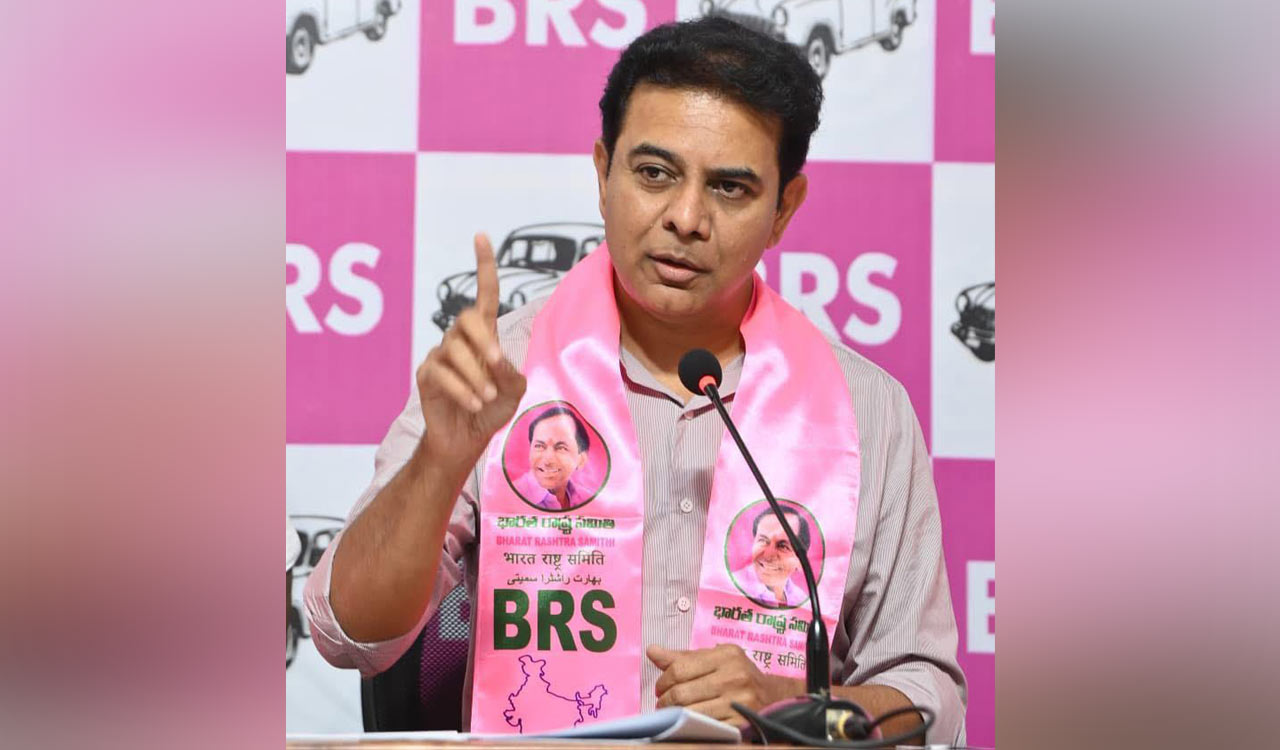1969: Of injustice & dissatisfaction
Students joined the agitation and initiated an indefinite hunger strike demanding the formation of a separate State

This article is in continuation of the previous article on the 1969 agitation which aimed to spread awareness on the need to form a separate Telangana State.
July 10, 1968: Observed as “Day of promises for Telangana” (Telangana Hamila Dinam) by the TNGOs. The TNGOs conducted many meetings from this day onwards to spread awareness on the injustices done to the employees of Telangana region. They agitated because of the following reasons: 1. The Government’s indiscriminate violation of safeguards given to Telangana employees.
2. Violation of Mulki rules and regulations.
3. Non-Observance of the orders given by Central government and the courts.
4. Employing Andhras who had fake Mulki certificates. In a meeting held to observe this day, BS Mahadev Singh proposed formation of Telangana State as a solution to the problems of employees.
The brochure printed by TNGO union to spread awareness was published in Jana Darma (News Paper).
August 18, 1968: On the basis of the Government Order issued on April 30, 1968, temporary teachers were suspended from service by the Chairman of Nalgonda Zilla Parishad. All these teachers then appealed to the HC and Justice Chinnappa Reddy ruled in their favour. The government appealed against this judgement to the HC bench comprising Justice Pingali Jaganmohan Reddy and Avula Samba Shiva Rao, which held that “Till the Parliament abolishes Mulki rules, they should be treated as valid” and issued a stay on the judgement of Justice Chinnappa Reddy.
December 30, 1968: A meeting was held by the Mulki employees of KTPS at Girls High School Kothagudem. It was attended by Pidathala Ranga Reddy, Chairman of Legislative Council and J Chokka Rao, Chairman of TRC. Mulki employees and other unemployed youth belonging to the Association of Telangana Rights protection organised a huge procession during this meeting.
January 3, 1969: In the case filed by the non-Mulkis in the HC of AP, Justice Kuppu Swamy ruled that the order issued by the government on April 30, 1968, was not applicable to APSEB as it was autonomous organisation.
The Mulki employees of KTPS and Mulki aspirants agitated against the judgement. Around the same time, Kolisetti Ramadasu in his address in a college in Khammam stated that an indefinite hunger strike could compel the government to initiate action against non-Mulkis. The idea of involving students in the agitation for a separate State was of Rama Sudakar Raju and was communicated to the students by Ramadas.
Inspired by the speech delivered by Ramadas, Annabathula Ravindranath, a second-year BA student, volunteered to start an indefinite strike demanding the formation of Telangana State.
January 8, 1969: Ravindranath, encouraged by Ramadas and Sudhakar Raju, started his fast in Khammam.
A day before Ravindranath commenced his fast, the Committee on Telangana Safeguards resolved in Warangal that the regional board should be given power to spend revenues of Telangana for the development of the region without the interference of the CM. The following resolutions were passed in the meeting
1. The non-Mulkis occupying post of Telangana people should be removed and Mulkis must be appointed in their place.
2. An investigation should be conducted on fake Mulki certificate.
3. The government should give clarity on implementation of the Gentlemen’s Agreement; because the indifference of government has caused dissatisfaction and agitation amongst the students.
4. Pochampadu project has to be designed as a major project and should be completed fast without reference to the plan.
5. A high-level committee should be appointed to clarify on surplus funds.
6. Drinking water should be provided to Warangal through channels from Godavari.
7. All members of the Telangana Assembly should begin an agitation for the safeguards and development of Telangana.
8. The magazines and newspapers which do not propagate Telangana problems should be boycotted. One of the drawbacks of the 1969 agitation was that the agitation was split into two groups with opposing demands – one demanding formation of Telangana State and the other opposing formation of State and demanding implementation of Safegaurds. The people demanding formation of Telangana State came to be known as the separatists and the people demanding the implementation of safeguards promised in the Gentlemen’s Agreement were called as safegaurdists. These opposing demands made it easy for the Government to suppress the agitation.
To be continued
Related News
-
Anil Ravipudi’s next to feature Venkatesh, Nandamuri Kalyan Ram in lead
3 mins ago -
Bharti Singh shares a glimpse of newborn baby Kaju’s face
4 mins ago -
VACB records statements of actors Mohanlal, Dileep in Sabarimala flag mast probe
19 mins ago -
Jharkhand: Wild elephant enters Ranchi, triggering panic among locals
23 mins ago -
Cartoon Today on February 27, 2026
24 mins ago -
Congress govt acting like real estate company: KTR
32 mins ago -
Human-wildlife conflict claims life in north Kerala
1 hour ago -
Review of OPT may impact over 300,000 Indian students in United States
1 hour ago



